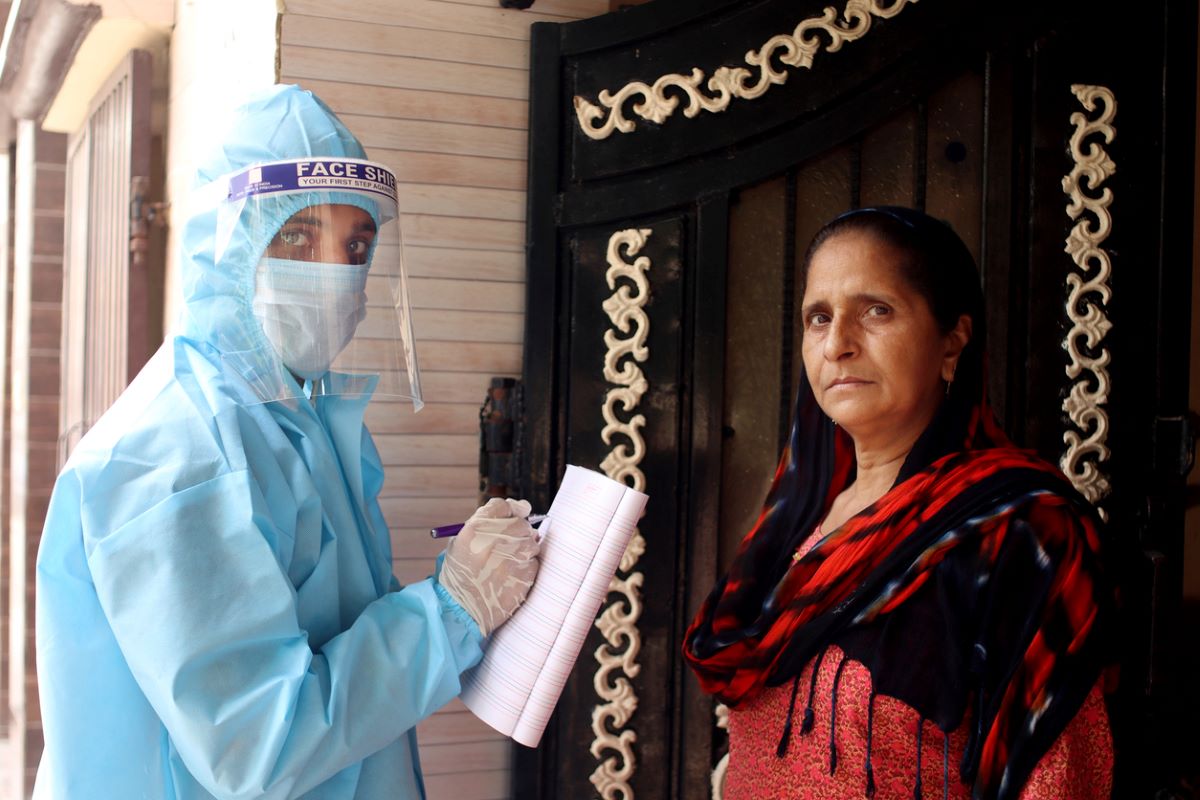44% respondents pay extra fee for preferred seat on plane: Survey
Only 54 per cent of respondents said they received a few free seat options during booking. This leaves many scrambling for free seats or are forced to pay extra.
“There is a team of 201 health workers, and each team has two members. Therefore, 402 health workers are carrying out the survey to identify those people. Primarily, health workers who conduct the fever survey for dengue cases by visiting the houses have been engaged in the programme…”

representational image (iStock photo)
The Siliguri Municipal Corporation (SMC) has tasked 402 health workers to compile data on adult residents who are still unvaccinated or are partially vaccinated during their house-to-house visits. The survey began on 27 September.
Primarily, health workers who carry out a drive to check dengue symptoms in households will also collect such information on the vaccine. The civic body has decided to ensure that the entire population of the corporation area eligible for Covid shots is inoculated against the disease.
“We have vaccinated around 5.8 lakh people with both the doses and around 3.5 lakh people have received the first dose,” said the chairperson of the board of administrators of the corporation, Gautam Deb.
Advertisement
Mr Deb said many people who were not residents of the corporation area had also received the jabs at civic body run vaccination camps. The general population in the SMC area is 539673 and the number of people aged above 18 years is 372374.
“There is a team of 201 health workers, and each team has two members. Therefore, 402 health workers are carrying out the survey to identify those people. Primarily, health workers who conduct the fever survey for dengue cases by visiting the houses have been engaged in the programme. Later, the health workers who carry out the pulse polio survey will also be engaged to verify the exact figure,” a senior civic body official said.
Apart from the 10 urban primary health centres, some additional vaccination camps have also been set up. However, people have complained that they were facing problems getting their vaccine at those camps.
“People belonging to low-income groups usually prefer to receive vaccines at government-run centers. The priority will be given to people whose second doses are due and those who have not taken the first dose yet the health workers are advising them to get vaccinated at the earliest during the survey,” sources said
Advertisement